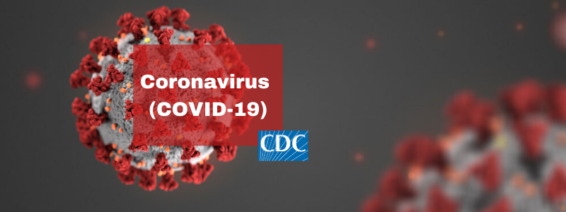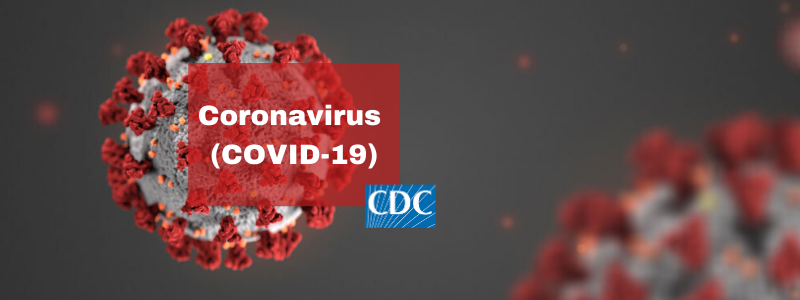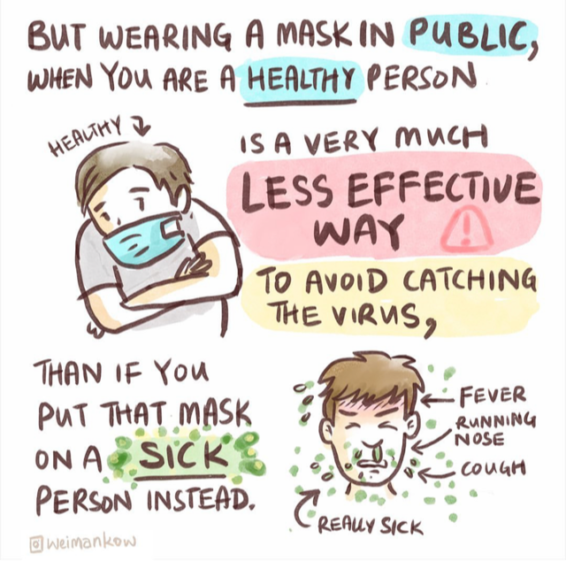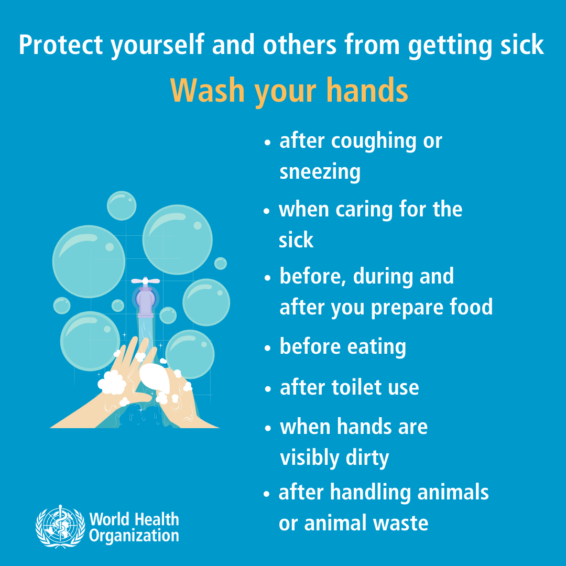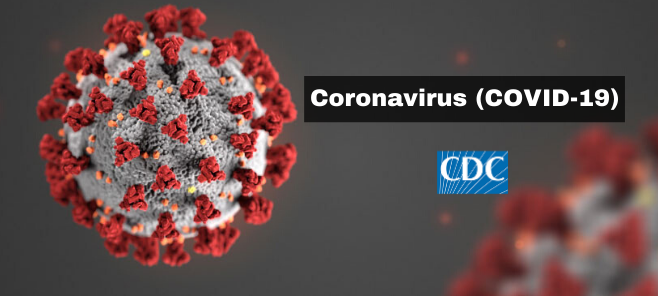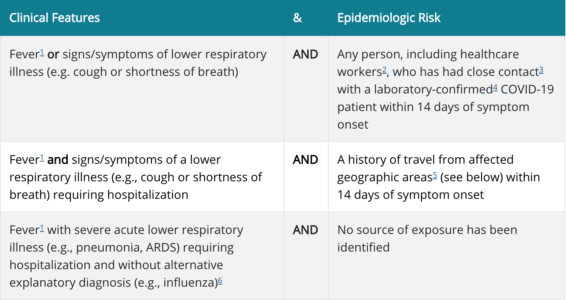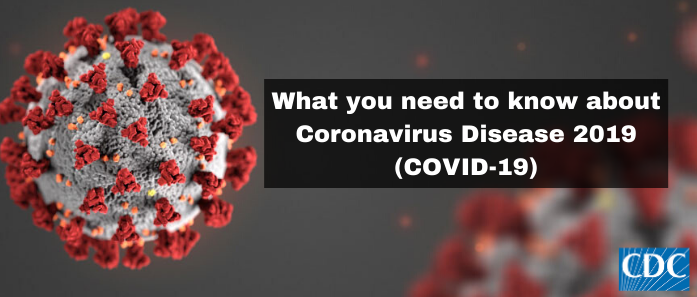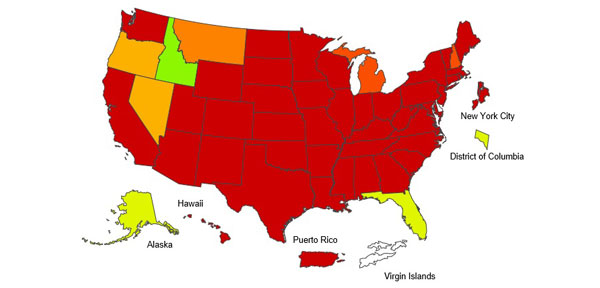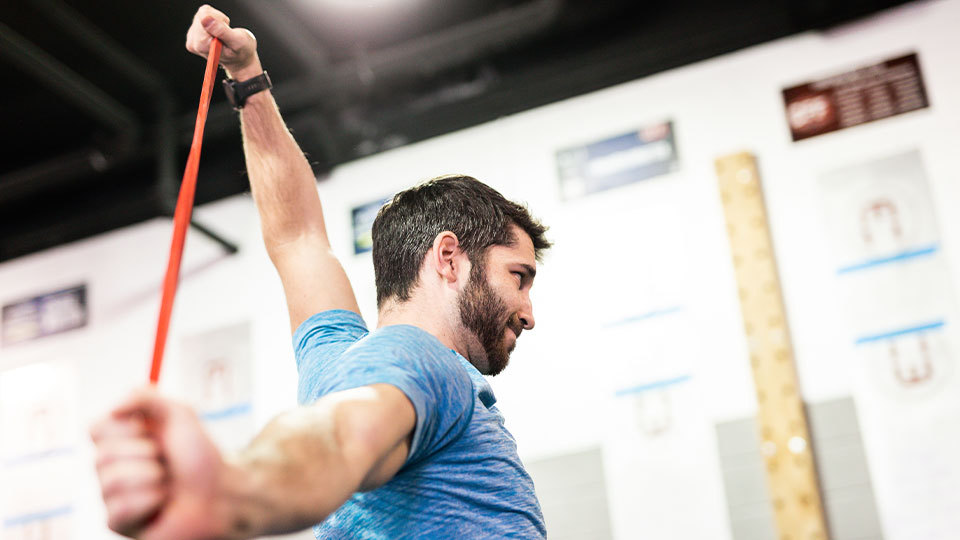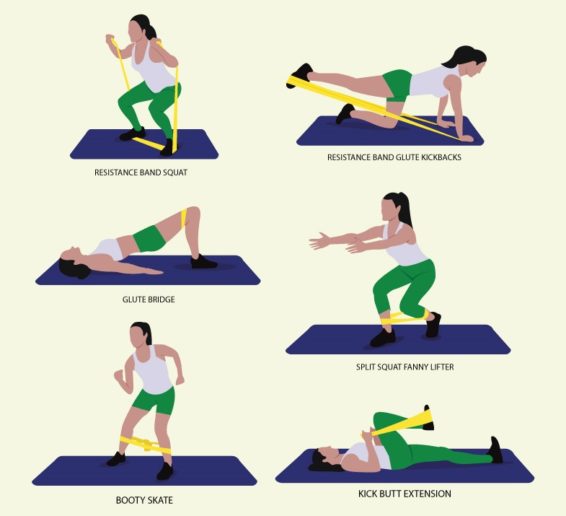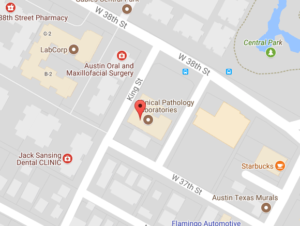What is social distancing?
According to the Centers for Disease Control and Prevention (CDC), social distancing means remaining out of congregate settings (crowded public places where close contact with others may occur, such as shopping centers, movie theaters, stadiums), avoiding mass gatherings, and maintaining distance (approximately 6 feet or 2 meters) from others when possible. These steps have been recommended in order to lessen one’s chances of catching COVID-19.
Other examples of social distancing that allows people to avoid larger crowds or crowded spaces include, but are not limited to:
- Working from home instead of at the office
- Closing schools or switching to online classes
- Visiting loved ones by electronic devices instead of in person
- Cancelling or postponing conferences and large meetings
Remember that social distancing is different from self-quarantine and isolation. People who have been exposed to COVID-19 and are at risk for coming down with it may practice self-quarantine. The CDC recommends that self-quarantine lasts 14 days. Self-quarantine involves washing your hands frequently and practicing standard hygiene, not sharing things like towels and utensils, staying at home, not having visitors, and staying at least 6 feet away from other people in your household. For people who are confirmed to have COVID-19 through testing, isolation is the recommendation. This means keeping people who are infected with a contagious illness away from those who are not infected. Isolation can take place at home, hospital, or a care facility. Special personal protective equipment (PPE) needs to be used to care for these patients in health care settings.
What is “flattening the curve?”
Coined by the CDC, this term refers to the implementation of protective practices to slow the rate of COVID-19 infection, in order to ensure that hospitals and health care facilities have enough room, supplies, and health care providers for all patients who need care. A large number of people becoming very sick over the course of a few days can potentially overwhelm a hospital or health care facility, as we have seen in other countries already. Too many people becoming severely ill with COVID-19 at the same time can result in a shortage of hospital beds, equipment, and providers.
On the contrary, if that same large number of people became sick at a slower rate, over the course of several weeks, the line on the graph would be a longer, flatter, curve. In this case, there is a better chance of the hospital being able to keep up with adequate supplies, beds, and health care providers to care for them.
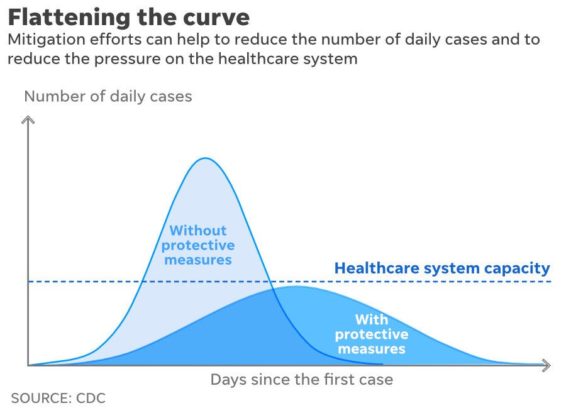
At this time, our practice has decided to postpone appointments that are not urgent, including routine physicals. Other general consultations and illnesses will first be evaluated via a virtual visit, which includes, but is not limited to: phone call, text, FaceTime, or video chat. Our goal as a practice is to make sure our patients follow the practice of social distancing, and to stay at home as much as possible. This pandemic can be overwhelming, but every person can help slow down the spread of COVID-19. By doing your part, you can make a big difference to your health and the health of others around you.

